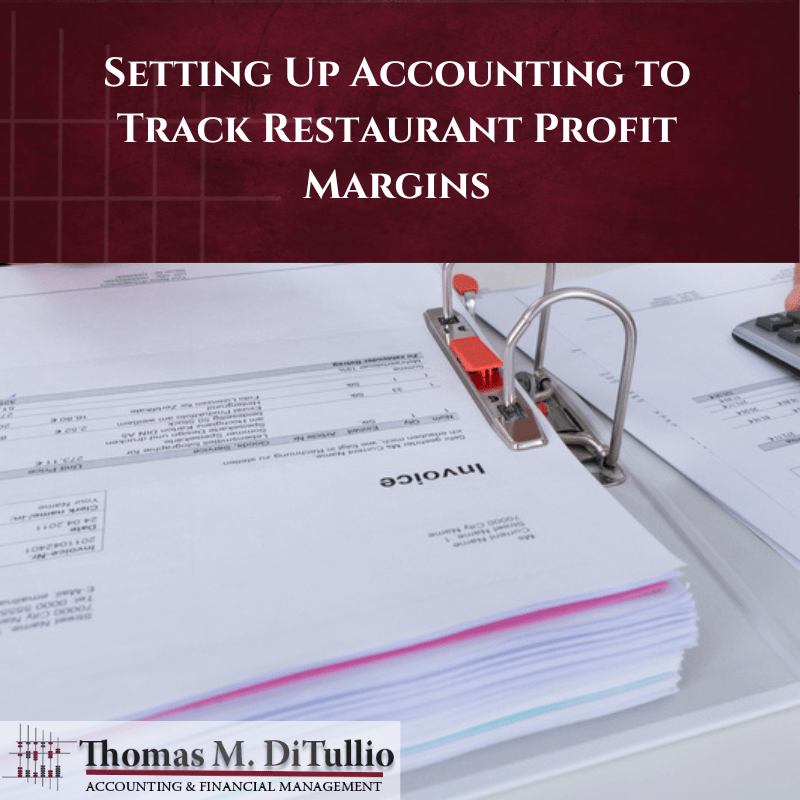Is Your Accountant Actually Helping Your Small Business Grow?
Remember the initial thrill of launching your small business? The surge of customers, the steady growth? But lately, things have plateaued. Sales figures seem stuck, and that initial momentum feels like a distant memory. You might be wondering – is this the new normal, or is there more to be unlocked?
The truth is, your financial partner can significantly impact your business trajectory. While a good accountant ensures your taxes are filed correctly, a growth-oriented accountant becomes a strategic partner, actively propelling your business forward. TMD Accounting goes beyond basic compliance tasks. We analyze your financial data to uncover trends, identify areas for improvement, and translate those insights into actionable strategies to propel your business forward. However, working with an accountant who prioritizes basic compliance tasks over strategic guidance can leave your business stagnant and limit your potential. This article equips you with key considerations to assess your current accountant and identify the qualities of a growth-oriented partner who will become a champion for your business success.
Key Takeaways
- Limitations of Traditional Accountants: Traditional accountants might prioritize compliance over growth strategies, lack industry expertise, and offer a reactive approach to finances.
- Qualities of a Growth-Focused Accountant: A growth-oriented accountant becomes a strategic partner, possesses industry knowledge, offers proactive future-oriented guidance, and prioritizes clear communication.
- Benefits of Partnering with TMD Accounting: TMD Accounting focuses on growth strategies, leverages industry expertise, offers proactive financial planning, prioritizes clear communication and collaboration, and provides customized solutions for your business.
Comparison Table: Traditional Accountant vs. TMD Accounting
| Task | Traditional Accountant | TMD Accounting |
| Focus | Compliance | Growth & Compliance |
| Industry Knowledge | Limited | Strong Industry Expertise |
| Approach | Reactive | Proactive & Future-Oriented |
| Communication | Basic Reporting | Clear & Collaborative Communication |
| Services | Basic Accounting Tasks | Customized Growth Strategies |
The Limitations of a Traditional Accountant
While a reliable accountant is essential for any business, some accounting practices might not be optimized to fuel your growth. Here’s why:
- Compliance-Focused Mindset: Many traditional accountants prioritize tasks like tax filing and bookkeeping accuracy, which are crucial but limited in scope. While ensuring compliance is vital, TMD Accounting goes beyond basic tasks. We analyze your financials with an eye toward the future, identifying potential roadblocks and opportunities before they arise. This proactive approach allows you to make informed decisions and course-correct before encountering problems.
- Reactive vs. Proactive Approach: Some accountants take a reactive approach, simply responding to past financial data. They might highlight areas where you overspent or missed tax deductions, but this reactive approach offers limited future benefit. At TMD Accounting, we’re proactive. We analyze your financials with an eye toward the future, identifying potential roadblocks and opportunities before they arise. This forward-thinking approach empowers you to make informed decisions and take strategic actions to capitalize on growth opportunities while mitigating potential risks.
- Limited Business Acumen: Understanding the intricacies of your specific industry is critical for translating financial data into actionable advice. A general accountant might offer generic financial advice, but TMD Accounting takes a different approach. We take the time to understand your industry’s benchmarks, trends, and growth drivers. This allows us to recommend strategies that leverage your unique strengths and position you for success within your competitive environment.
The Qualities of a Growth-Focused Accountant at TMD Accounting
Finding an accountant who transcends number-crunching and becomes a true partner in your business journey is key to unlocking growth. Here’s what sets TMD Accounting apart:
- Strategic Partnership: Imagine your accountant as a co-pilot, navigating the financial aspects of your business alongside you. At TMD Accounting, we take the time to understand your business goals, vision, and long-term aspirations. We then leverage our financial expertise and industry knowledge to develop customized strategies aligned with those goals. This collaborative approach ensures your financial decisions directly contribute to achieving your business dreams.
- Business Acumen & Industry Expertise: Not all financial data is created equal. Our team at TMD Accounting goes beyond basic accounting principles; we possess a deep understanding of various industries. We can analyze your financial performance against industry benchmarks, identify trends that might impact your business, and translate financial data into actionable insights relevant to your competitive landscape. With this industry expertise, we can recommend growth strategies that capitalize on your strengths and position you for success within your market.
- Proactive & Future-Oriented: A growth mindset is essential for any accountant working with ambitious businesses. Instead of simply reporting on past performance, our team at TMD Accounting takes a proactive approach. We analyze your financials with an eye toward the future, identifying potential roadblocks and opportunities before they arise. This forward-thinking approach empowers you to make informed decisions and take strategic actions to capitalize on growth opportunities while mitigating potential risks.
- Communication & Collaboration: Clear and consistent communication is the cornerstone of any successful partnership. At TMD Accounting, we prioritize open communication, ensuring you understand the financial implications of our recommendations. We explain complex financial concepts in clear, concise language, fostering a collaborative environment where you can ask questions, voice your concerns, and work together.
Finding the Right Growth Partner at TMD Accounting
The next step is to find an accounting firm that embodies these qualities. Here’s how TMD Accounting can be your perfect growth partner:
Evaluating Your Current Accountant (Consider these aspects):
- Alignment with Goals: Do they actively discuss your growth aspirations and develop strategies to achieve them?
- Industry Expertise: Do they possess a strong understanding of your industry’s benchmarks and trends?
- Proactive Communication: Do they anticipate your needs and provide future-focused insights?
- Clarity and Collaboration: Do they explain financial concepts clearly and encourage open communication?
Why Choose TMD Accounting?
- We Focus on Growth, Not Just Compliance: Our team goes beyond basic accounting tasks. We analyze your financials to identify areas for improvement and develop data-driven strategies to propel your business forward.
- Industry-Specific Knowledge: We take the time to understand the unique challenges and opportunities within your industry. This allows us to provide targeted advice that leverages your strengths and positions you for success.
- Proactive & Forward-Thinking Approach: We don’t just report on the past; we analyze your financials with a future-focused lens, identifying potential roadblocks and opportunities before they arise.
- Clear Communication & Collaboration: We prioritize open communication, ensuring you understand the financial implications of our recommendations. We explain complex concepts in clear language and foster a collaborative environment where your voice is heard.
Interviewing TMD Accounting:
We encourage you to schedule a free consultation with our team to discuss your specific needs and goals. During the consultation, we’ll:
- Get to know your business and its aspirations.
- Analyze your current financial data.
- Discuss potential growth opportunities and challenges.
- Explain how our services can be customized to meet your needs.
- Answer any questions you may have.
By partnering with TMD Accounting, you gain a dedicated team of financial experts who are invested in your success.
6 FAQs About Choosing a Growth-Focused Accountant
- What are the benefits of working with a growth-focused accountant?
Growth-focused accountants help you identify opportunities, develop financial plans to achieve your goals, and navigate challenges proactively.
- How can I tell if my current accountant is hindering my growth?
If your accountant doesn’t discuss your growth goals, lacks industry knowledge, or focuses solely on past data, they might not be ideal for growth.
- What services does TMD Accounting offer?
We offer a comprehensive suite of services including bookkeeping, tax planning, financial analysis, and strategic consulting, all tailored to growth-oriented businesses.
- How much does it cost to work with TMD Accounting?
We offer a variety of pricing plans to fit your specific needs and budget. Schedule a free consultation to discuss your options.
- What can I expect during a consultation with TMD Accounting?
We’ll discuss your business goals, analyze your financials, identify growth opportunities, explain our services, and answer any questions you have.
- How can I get started with TMD Accounting?
Schedule a free consultation with our team today! We’re here to help your business thrive.
Conclusion
The right accountant can be a game-changer for your small business. Don’t settle for a backseat accountant who simply processes numbers. At TMD Accounting, we become a proactive partner, working alongside you to achieve your business goals. We offer a comprehensive suite of services tailored to growth-oriented businesses, all delivered with a focus on clear communication and collaboration. Take a proactive approach to your financial future. Schedule a free consultation with TMD Accounting today and discover how we can help your business soar.











